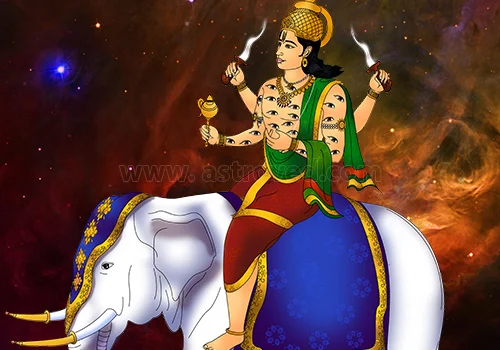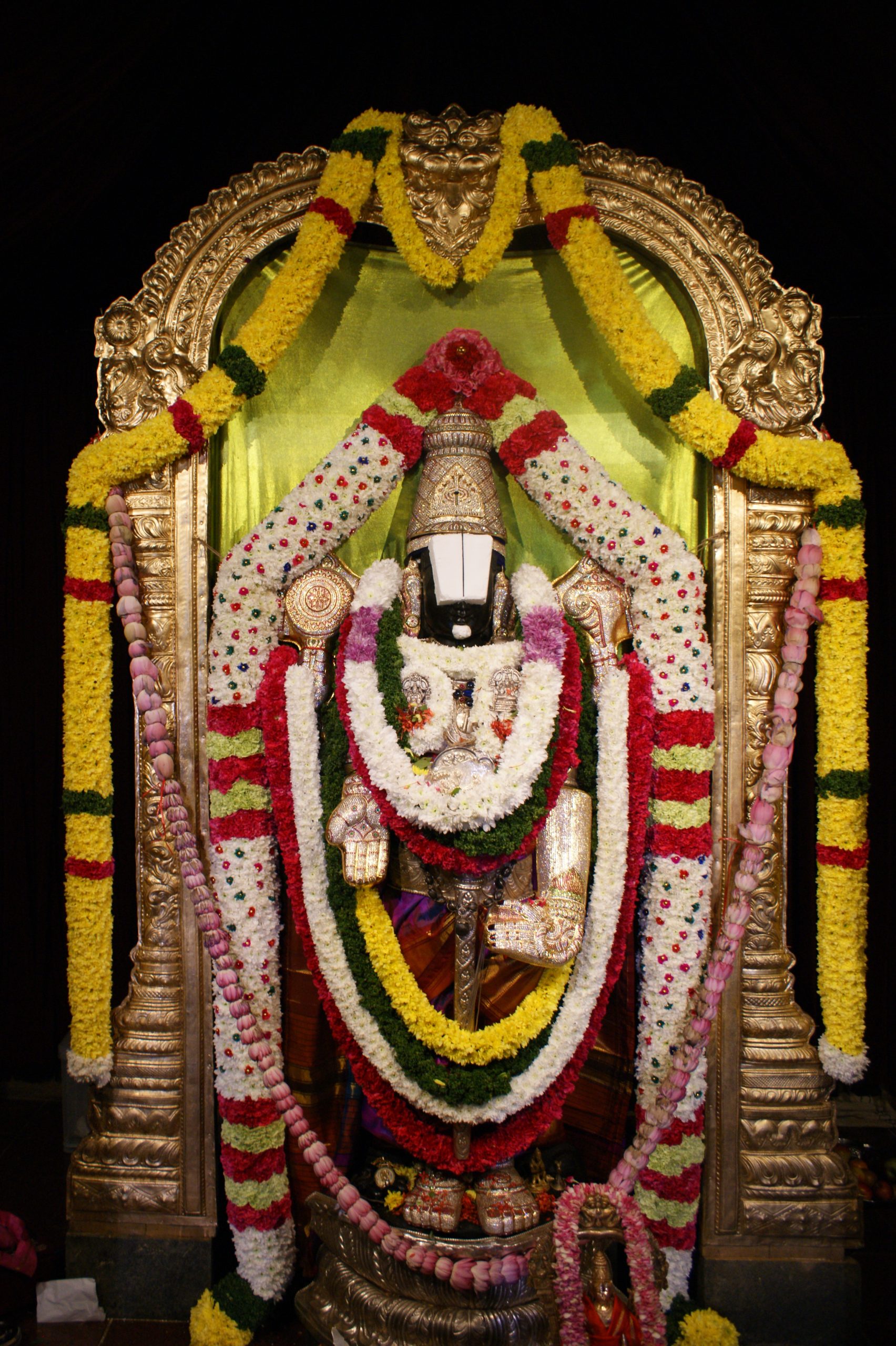In the rich tapestry of Hindu mythology, the figure of Shri Indradev stands out as one of the most revered deities. Known as the king of the gods and the ruler of the heavens, Indra is often associated with rain, thunderstorms, and war. His significance in Hinduism is profound, symbolizing strength, leadership, and the natural elements that nourish life on Earth.
Shri Indradev is characterized by his majestic presence, often depicted riding a white elephant named Airavata. This powerful animal signifies his royal status and connection to the clouds and rain. As the god of rain, Shri Indradev plays a vital role in agriculture and the natural cycles that sustain life. He is implored by farmers seeking plentiful harvests, and his blessings are considered essential for the prosperity of the land.
In the ancient texts, such as the Vedas and Puranas, numerous tales illuminate the life and exploits of Shri Indradev. One prominent story recounts his battles with the fearsome demon Vritra, who had stolen the waters and held them captive. This narrative highlights Indra’s valor and determination to restore balance to the world. With the guidance of sage Vishwamitra and the help of divine weapons, Shri Indradev ultimately vanquishes Vritra, releasing the waters and bringing rain once again. This act symbolizes the triumph of order over chaos, a recurrent theme in Hindu philosophy.
Shri Indradev is not just a warrior; he also embodies the qualities of a thoughtful ruler, maintaining harmony among the Devas (gods) and ensuring their welfare. His court, filled with other deities and celestial beings, is a place of divine governance, where the affairs of the universe are deliberated. Indra is often portrayed as a compassionate god who rewards devotion and punishes wrongdoing, reflecting the moral compass that guides humanity.
Mystically, Shri Indradev is linked to the concept of sacrifice and yajna (ritual offerings). The performance of yagnas is believed to invoke his blessings, ensuring that rain and fertility are bestowed upon the land. In this way, he is intricately woven into the fabric of Hindu rituals and celebrations, being both a figure of veneration and an essential actor in the celestial dance of life.
Moreover, Shri Indradev’s influence extends beyond mere agricultural concerns; he is considered a protector of dharma (righteousness) and a defender against the forces of evil. His exploits remind devotees of the importance of courage, integrity, and the balance between heaven and Earth.
In the modern context, the worship of Shri Indradev continues to thrive, especially during festivals like Indra Jatra, where communities come together to celebrate rain and nature’s bounty. This enduring reverence underscores the timeless relevance of his teachings and the universal need for harmony with the environment.
In essence, Shri Indradev stands as a symbol of hope and renewal in Hinduism, embodying the myriad aspects of life that are influenced by the elements. His stories inspire generations, encouraging them to respect the natural world while embracing the divine in everyday life. As we reflect on this great deity, may we seek his blessings for peace, prosperity, and a deeper connection with Nature.


